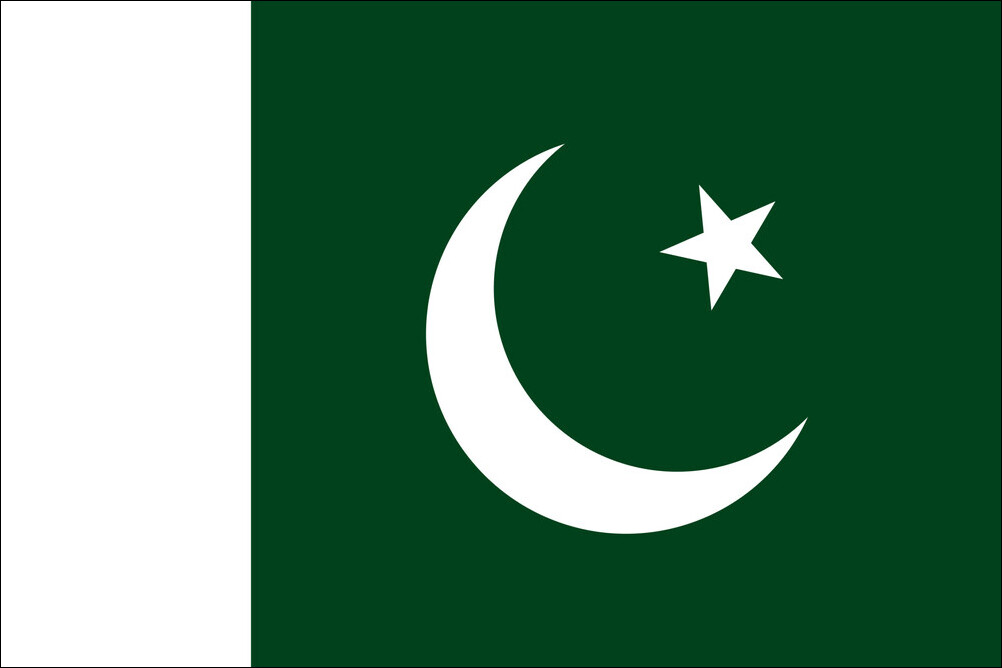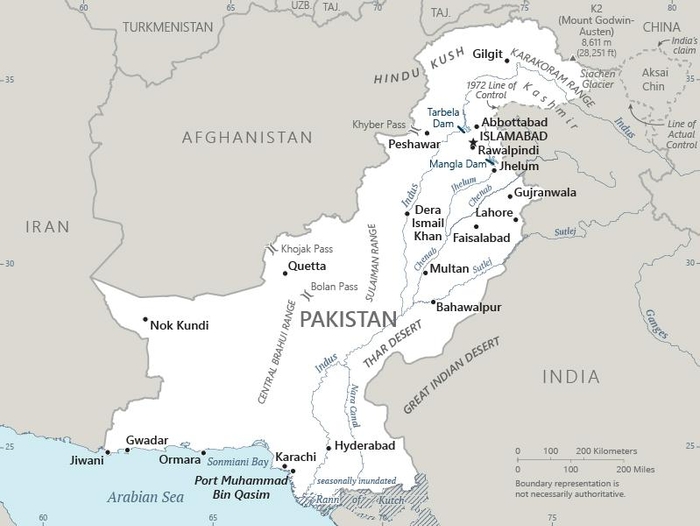Overview
The Islamic Republic of Pakistan is the fifth largest country in the world, by population. The country gained its independence in 1947 in the partition of British India, which saw a separate state created for Muslim-majority regions. The enclave of East Pakistan subsequently seceded and became Bangladesh, in 1971. With a southern coastline in the Arabian Sea, Pakistan has borders with Iran, Afghanistan, China and India. The country is engaged in an on-going dispute with neighbours India over the Kashmir Himalayan region in the north.
Politically Pakistan is a democratic parliamentary republic; in practice the nation’s history since independence has seen power shifts between civil government and military dictatorship, and between modern secularists and Islamic traditionalists.
Islam is the state religion. Pakistan’s constitution guarantees freedom of religion and provides all its citizens the right to profess, practice and propagate their religion. However, this freedom is often precarious for non-Muslims. Pakistan’s strict blasphemy laws, which impose a life sentence on anyone defiling the Quran and the death sentence for defiling the name of Muhammad, are often used to attack minorities or settle scores.
What it means to be a Christian in Pakistan
Christians make up about 2% of Pakistan’s population, with the highest numbers in the Lahore district of Punjab province and in the Islamabad capital further north. Since the 1980s a growing policy of Islamization has led to increasing discrimination against Christians in such areas as education and employment. Most Christians in Pakistan are poor, restricted to menial labour, and with little or no prospect of advancement. An atmosphere of intimidation pervades the lives of Christians. Christian women, in particular, have experienced all kinds of abuse, including rape and kidnapping.
Believers from a Muslim background face particular challenges, with many strict Muslims considering them worthy of being killed as apostates. In such situations many have had to go into hiding, in the face of threats from those in their local community – even from members of their own family.
Persecution
False blasphemy allegations, physical violence, destruction of property and forced marriages and conversions are among the dangers facing Christians in Pakistan today.
In the past few years there have been several high-profile attacks on large groups of Christians. In 2009 a series of targeted attacks against Christians in the Punjab town of Gojra saw eight Christians killed. In 2013 a suicide bombing at a church in Peshawar saw more than 120 Christians killed and around 250 injured. Three years later at least 75 Christians were killed when a suicide bomber targeted Christians celebrating Easter in a park in Lahore. In 2011 Christian politician Shahbaz Bhatti, who had spoken out against the persecution of Christians, was assassinated by the Pakistan Taliban. One of the most high-profile cases in recent years was that of farm worker Asia Bibi. In 2009 she was accused of blasphemy, following an argument with fellow workers. In 2010 she was sentenced to death, a ruling which attracted worldwide attention and sparked campaigns for her release. Asia was acquitted in 2018 – a decision which led to orchestrated Islamist protests throughout Pakistan and calls for her to be killed. She was allowed to leave the country the following year.
Release International work
Release International partners in Pakistan support persecuted Christians in various ways. One of our partners offers support and discipleship to those who have converted to Christianity from Islam. The team regularly visits these new believers, with the aim of strengthening them and encouraging them, both practically and spiritually (Operation Micah).
Another partner aims to help Christians who have been imprisoned because of their faith. This work involves caring for prisoners’ families, through pastoral visiting and helping to meet their financial needs.
A village outreach ministry, supported by Release International, helps pastors and others to be better grounded in their faith and seeks to teach them how to withstand discrimination and persecution (Operation Nahum).
Another project – known as Strength to Stand groups – seeks to equip persecuted and vulnerable Christian women in Pakistan by providing not only fellowship but also social and economic skills (Operation Habbakuk).

